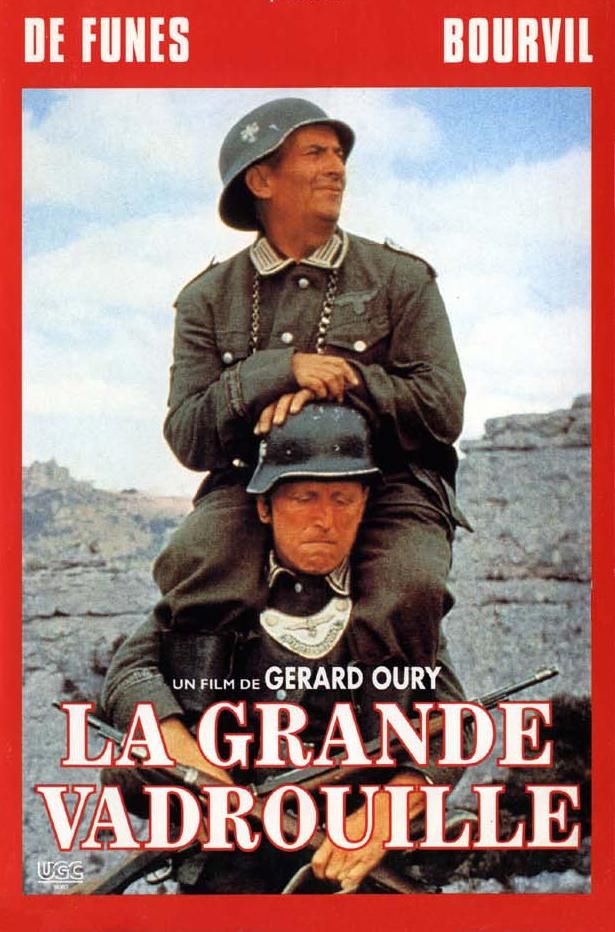


He directed his satire against uniformity and the crush of individuality and the rapid disappearance of an earthy way of life.

Jacques Tati’s main concern was for people to remain human. His films were not against progress, but were a plea for a sense of proportion and humanity against the automation of everyday life, against the consumer society that threatened the authentic and unaffected old ways of life and hailed a culture whose only concern was for status and appearances. What he opposed was this: modernisation just for the sake of change. They did not criticise modernisation, but the inhuman side of modernisation. His films, especially Mon oncle (1958) and Play Time (1967) were not just funny, they were comic yet profound. He remains one of cinema’s most inventive stylists. And the most extraordinary part is that he does that through humour, humour that is almost entirely visual. A filmmaker of great visual sensibility, Jacques Tati still can, decades on, just through images, make us question our modern ways and values.


 0 kommentar(er)
0 kommentar(er)
